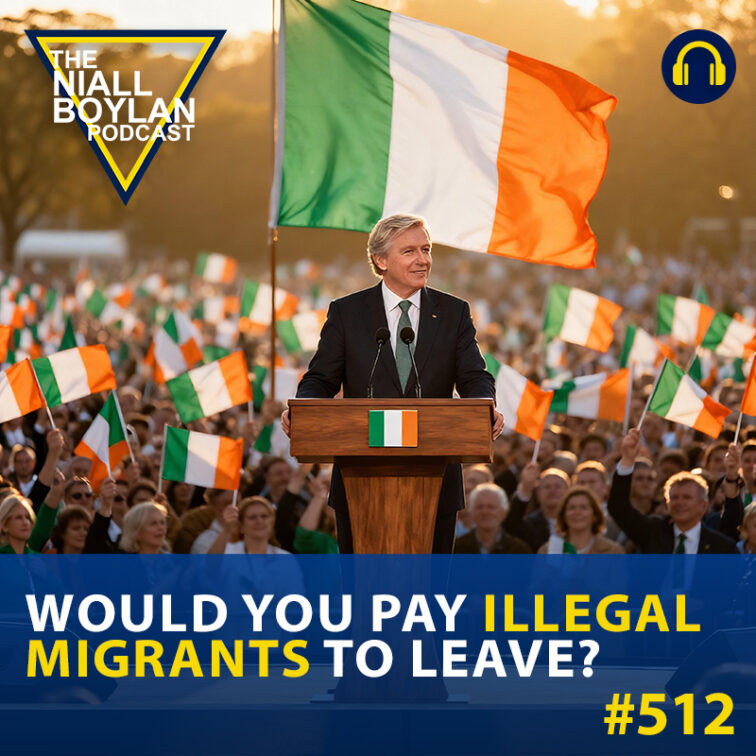
Is the Power Of The Irish Presidency Too Limited? Episode 512
-
play_circle_filled
Is the Power Of The Irish Presidency Too Limited? Episode 512
Niall Boylan
Host Niall is joined by restaurateur and social commentator Paul Trayvaud as the presidential race begins to take shape. With three candidates already declared and two more hopefuls scrambling for nominations from TDs, Senators, or local councils, the conversation turns to a bigger constitutional question:
Should the Irish president remain a largely ceremonial figure—or should the office hold real executive power?
At present, the Irish president has very limited authority: signing bills into law, representing the nation abroad, and acting as a moral and cultural figurehead. Unlike presidents in countries such as the United States or France, the Irish head of state does not set policy or wield executive decision-making power.
Niall and Paul weigh up the arguments:
Pros of Expanding Power:
A president directly elected by the people could provide stronger democratic legitimacy.
Greater executive authority could allow the president to act as a counterbalance to government and political parties.
In times of crisis, a powerful president could respond quickly without being tied to parliamentary gridlock.
Cons of Expanding Power:
Ireland’s parliamentary system could be destabilised by a strong presidential office.
Concentrating executive power in a single individual risks authoritarianism.
The current ceremonial model avoids political partisanship and preserves the role as a unifying national figure.
Should Ireland rethink the role of the presidency—or does its symbolic and ceremonial function make it stronger in its own right?








